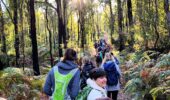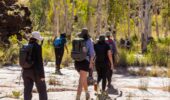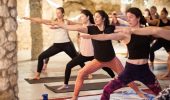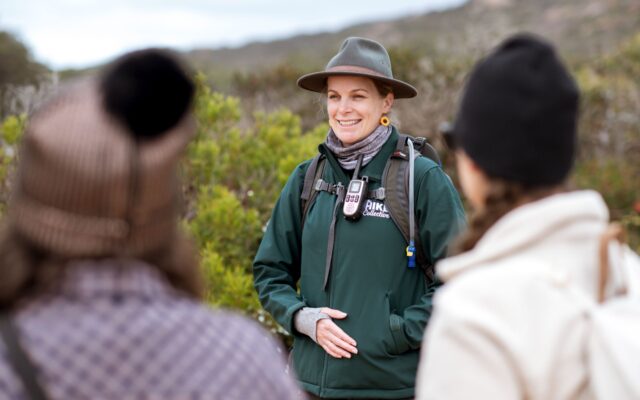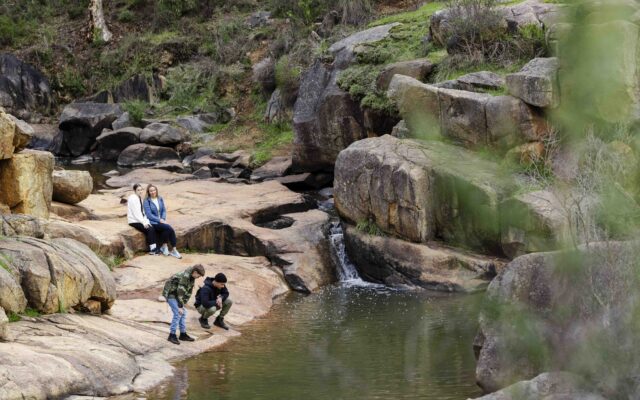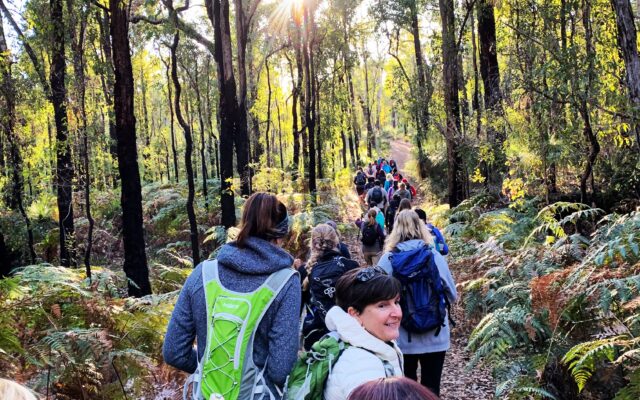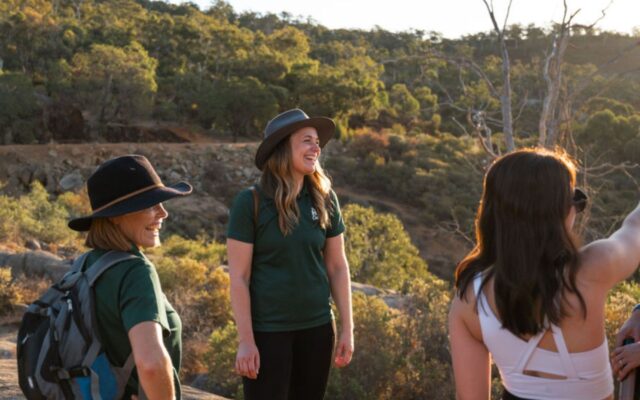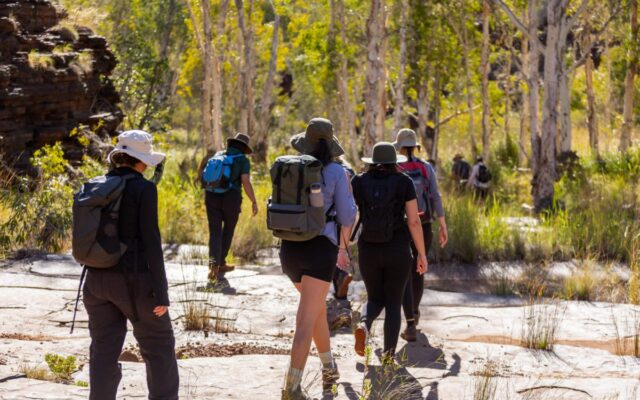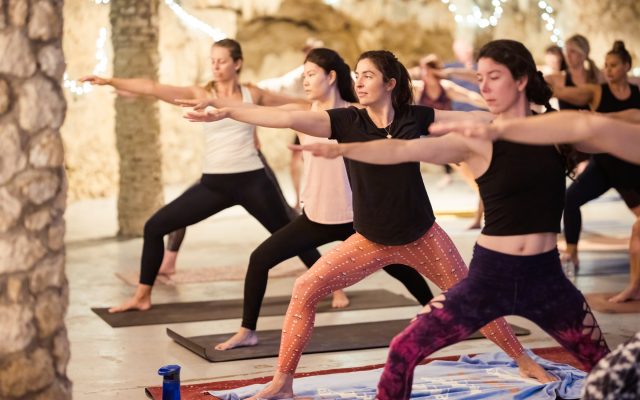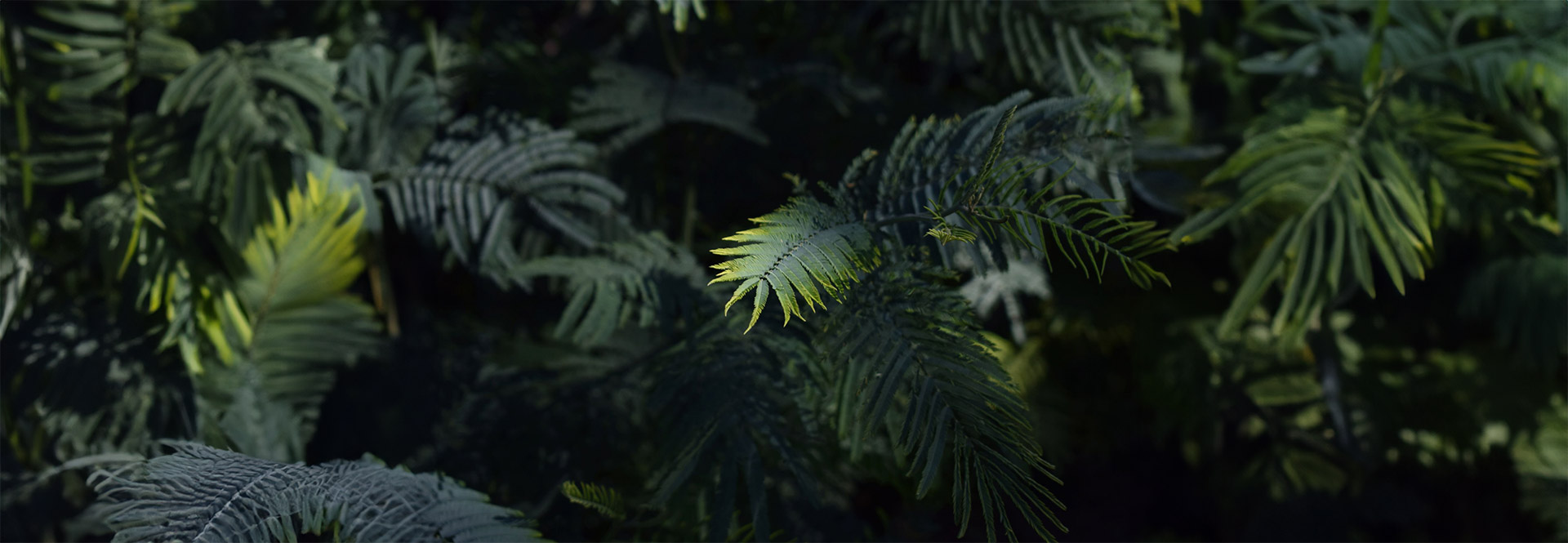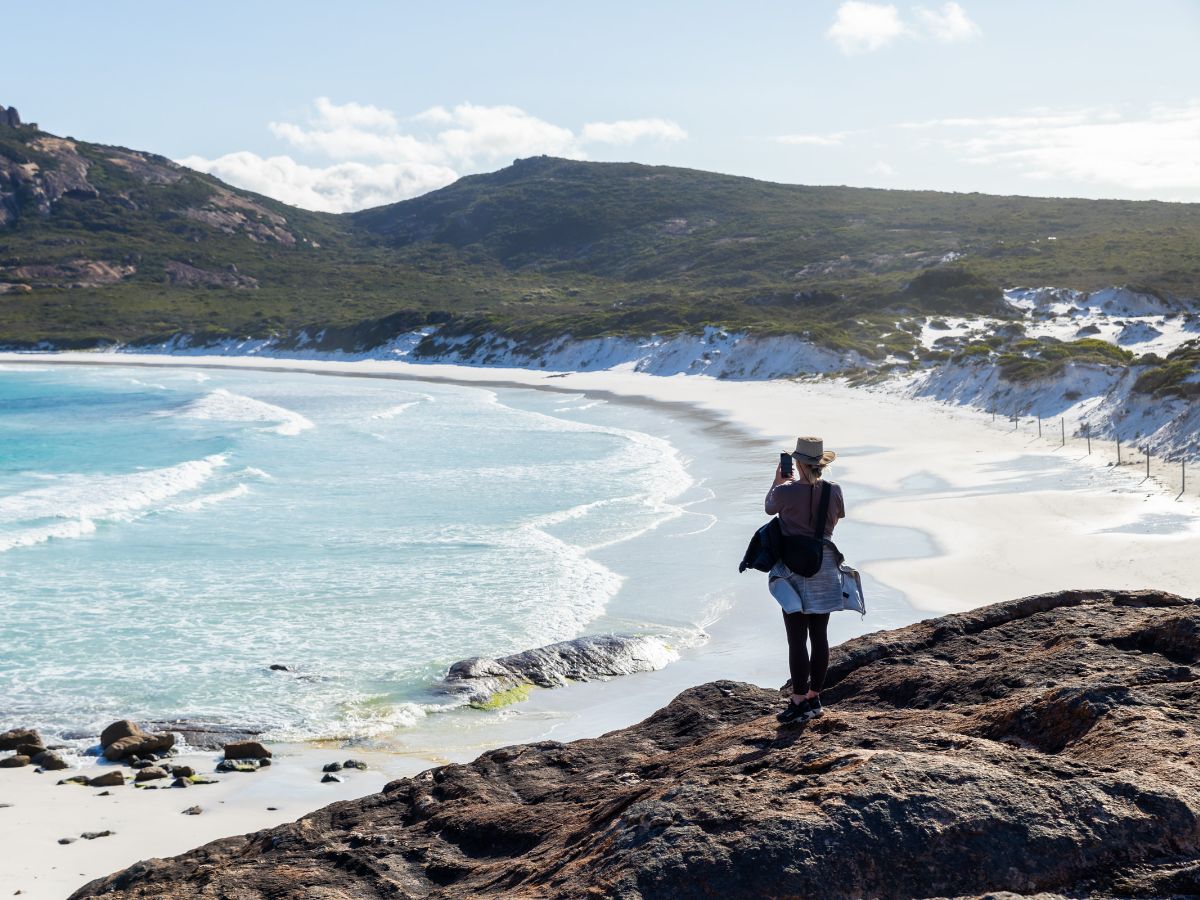18th November 2025
The 85-Year Harvard Study That Reveals What Hiking Really Does for Your Life
In 1938, a group of Harvard researchers set out to answer a question that seems simple, until you really start living it.
What makes a good life?
Not a good career. Not a good few years. A good life. The kind that feels whole, even when it’s messy. Fulfilled, even when it’s not always easy.
What started as a study of physical health became something much more human. The researchers didn’t just collect cholesterol readings and job titles. They followed their participants and eventually, their children, for over 85 years, mapping every part of what it means to be alive: marriages, careers, losses, regrets, friendships, breakdowns, recoveries, ordinary joy.
And after eight decades of data?
They found one thing was more predictive of health, happiness, and long-term wellbeing than anything else.
Not wealth.
Not status.
Not lifestyle or location.
But this:
The strength of our relationships.
The ones that make us feel safe. Seen. Supported.
Why this matters more than ever
We live in a time where connection has become strangely elusive.
You can be surrounded by people – colleagues, family, followers – and still feel completely unseen.
You can keep up with everyone’s updates, answer every message, attend every meeting… and still find yourself lying awake at night wondering if anyone really knows you.
The research doesn’t just confirm that loneliness is widespread, it confirms it’s harmful.
It’s not just emotional. It’s physical.
Loneliness can increase our risk of disease, decrease our cognitive function, and quietly drain our joy.
And yet, we keep postponing connection.
We’ll get to it when the inbox clears.
We’ll reach out when life settles down.
We’ll make time when we’re “in a better headspace.”
But the truth is, it doesn’t work like that.
And this is where hiking, the work I’ve built a life around, comes in.
Because while we don’t claim to have all the answers, we do know this:
Something happens on the trail.
Something real. Something we might be missing in the rest of our lives.
What hiking reveals (that we usually miss)
I’ve watched thousands of people show up to our hikes over the years.. solo, curious, a little hesitant.
Some arrive with a full-on intention: “I need a reset.”
Others book a spot and barely remember why. Just that something about it felt like the right thing to do.
But almost all of them experience the same thing within a few kilometres: they start to soften.
Not in a dramatic way. But in the way shoulders drop when no one expects you to perform.
In the way someone finally exhales, and realises they haven’t really breathed all week.
In the way a simple conversation about birds, or boots, or nothing at all, becomes a doorway to something deeper.
Hiking gives us access to something rare: unfiltered presence.
You’re moving your body, but not to burn calories.
You’re surrounded by people, but not stuck in small talk.
You’re in nature which, let’s be honest, doesn’t care what you do for a living or how behind you are on emails.
It’s just you. Real you.
Which means: there’s room to actually connect.
And the incredible thing is, it doesn’t just stay on the trail.
Where this shows up in real life
We don’t just need connection on weekends. We need it at work, in families, in friendships, and yes, even in solitude.
And time in nature, according to the research, doesn’t just support wellbeing, it amplifies our ability to connect. Not just with others, but with ourselves.
Here’s what the Harvard study and our experience on the trail, both show us:
1. With colleagues
You can work beside someone for years and never really know them. But shared movement, shared silence, shared time outdoors? That creates a different kind of space. One where people talk less about KPIs and more about what’s real. Some of the best ideas, solutions, and insights don’t come from boardrooms, but mid-walk.
2. With family
Families often exist in functional mode. Planning, problem-solving, doing. But hiking together removes the script. You’re not managing anything, you’re just being. And that creates space for conversation to flow, playfulness to return, and old dynamics to shift.
3. With friends
Many of us see friends often, but rarely feel like we drop in. Trails have a way of disarming us. You talk more freely when you’re walking beside someone than when you’re sitting across from them in a café. There’s less pressure to be articulate. More space to just be.
4. With yourself
This might be the most powerful one. Time in nature without your phone, without a plan, without constant stimulation, reconnects you to your own inner world. You hear your own thoughts again. You notice what you’ve been avoiding. And you remember that you’re allowed to slow down.
Why hiking works and why we do this work
We don’t run hikes to tick a wellness box.
We do it because hiking is one of the last places where you can still feel human in a world that’s trying to automate everything, including your joy.
We do it because real connection needs space to grow.
We do it because you can’t think your way into belonging. You have to experience it. And often, it starts with something as simple as walking.
And the thing is, we’re not here to fix anyone.
You don’t need to come to our hikes with a “why” or a revelation.
You don’t need to be sporty, or spiritual, or have a backstory.
You just need to show up. That’s it.
That’s what connection asks of all of us:
Show up. Be present. Be willing to see and be seen.
So where do we go from here?
If your nervous system has been in overdrive…
If your relationships feel a little shallow, or a little out of reach…
If you’ve been feeling like something’s missing, but can’t quite name what…
You’re not the only one.
You’re not behind.
You’re just human.
And humans, as 85 years of research now proves, need other humans.
Not all the time. Not perfectly.
Just consistently. And kindly. And with enough honesty to let the walls come down.
Nature is a beautiful place to remember that.
To return to it.
And sometimes, that return starts with a step.
Come walk with us.
Not because it’s trendy.
Not because it’s a productivity hack.
Because it’s real.
Because it helps.
Because it connects you to something bigger, something quieter, something essential.
The Harvard study proves what we’ve known all along on the trail:
The good life isn’t out there waiting to be earned.
It’s here. In the small, shared moments that remind us:
We’re not doing this alone.




